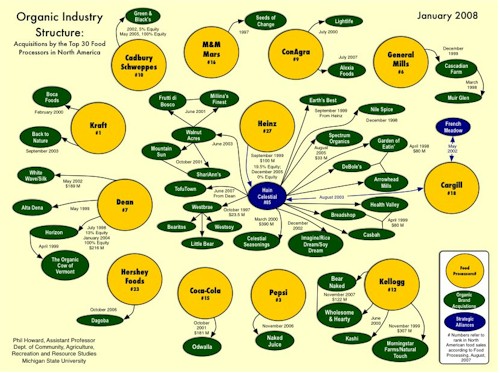 Cookie Monster No Want to Delete Cookies! by Gegen Den Strich Insane Profit Expectations: The Anglo Disease: Our economy’s unsustainability is due to an expectation that inflation and interest rates will remain forever low and hence corporate profits forever high. The fragility that we now face as a result has been dubbed “The Anglo Disease”. Here it is in a nutshell: Describing the interest rates set by the bond market as the ìcornerstoneî for valuing equities and other securities, [Albert Edwards, Dresdner Kleinwortís well-known global equity strategist] cautions that if the bond market has truly entered a new era of steadily rising long-term rates, ìall investment portfolios will be shredded to ribbonsî. Increasingly cheap money, underpinned by ever more optimistic prognoses about inflation and, more generally, future returns on financial assets, has fuelled the massive financial boom we’ve been in for most of our lives and which has so transformed our economic landscape. By making high returns possible, it has generalised the requirement for such returns in all economic activities, and thus the need for constant restructuring of businesses, for cost-cutting, offshoring and, often, for the wholesale dismantlement of whole sectors of activity that could not generate the required profitability. This is important. Read the first article, and then lots more on this frightening phenomenon. Put this together with the inevitable move to a steady-state economy, and you have an economic tsunami in the making. The End of the World As We Know It: Another astonishing poetic essay by Pohangina Pete, with the usual staggeringly beautiful photos. Teaser: When the rain passes, moving up the coast, we cross the creek on the pontoon, pulling ourselves across the slow flow on a simple, effective contraption of empty oil drums and steel grating, and walk to the beach. Sand after rain seems like hope or the promise of forgivenessóa reminder that after we’ve gone, when the last human passes, the world will continue, and will begin to erase the signs of our time on Earth. Like the maze of footprints on the beach and the excavations and constructions of small children with plastic spades and buckets, the traces of our activities will be erased by weather and time and non-human lives. When and how this will happen, I don’t know. I do suspect it will happen not catastrophically and globally but gradually and patchily. Human existence, already grim in much of the world, will become grimmer, then desperate, and the expansion of regions where humans cannot live will accelerate. There, in those deserted and ruined places, the record of human life will begin to fade. USDA Allows Factory Farms to Pose as Organic Farmers: Some of the biggest beef and dairy farms in the nation have been selling their goods to Wal-Mart, Costco, Target and other cheap junk stores as ‘organic’, when court documents show it isn’t, and that the operators wouldn’t even allow the USDA inspectors onto their premises. This is typical of what passes for ‘enforcement’ in the Bush Administration. Workers of the World Relax: “What if we used our gains in productivity to slow down? We could work less and produce less. It would also mean consuming less.” And less damage to the environment, our bodies and our souls. Thanks to Steve for the link. Or to Put It Another Way: Work Sucks: Two HR professionals want to abolish the standard work week. Their alternative is the results-only work environment (ROWE). But isn’t that what the dreaded labour-exploiting policy of ‘piece-work’ was all about? Thanks to Michael Serres for the link. The Myth of Work-Life Balance for Mothers: Penelope Trunk explains the danger of ‘mommie porn’ propaganda about women who have it all and do it all well. Thanks to Darren Barefoot for the link. Picture Your Listening History: Lastgraph creates time series for last.fm users showing visually which musicians you’ve listened to over the past few months. Absolutely fascinating. Thanks to Chris Lott for the link. The Importance of Being Not Doing: Two recent posts by Viv McWaters on how our modern preoccupation with Getting Things Done, and with immediate measurable outputs, interfere with learning, creativity, and discovery. “Iíve been pondering the need to be seen to be DOING, the need to produce OUTPUTS or PRODUCTS and the dilemma of the intrinsic worth of simply BEING with others and having conversations.” More on this in my article Monday. Thanks to Geoff Brown for the link. |


 I‘ve written before about the
I‘ve written before about the 





 While riding on a train going west I fell asleep for to take my rest
While riding on a train going west I fell asleep for to take my rest



